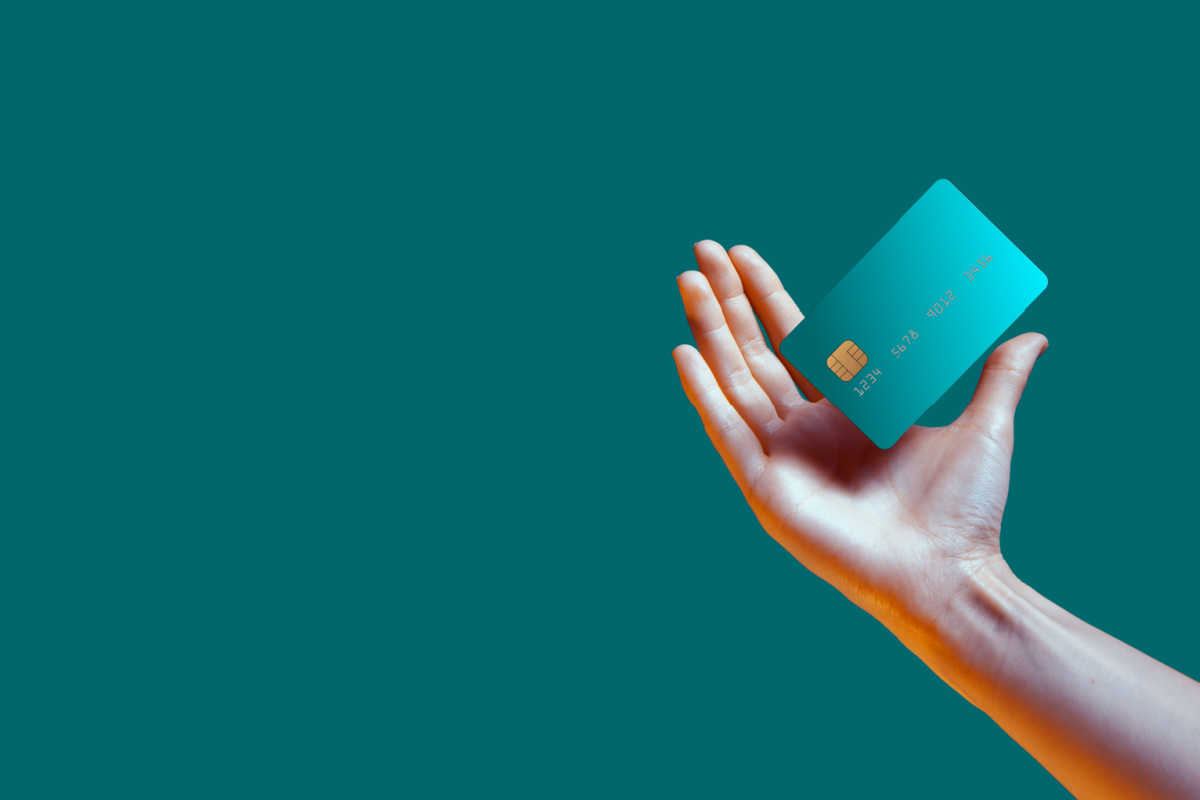You might be looking to apply for a credit card for a multitude of reasons, such as to increase your credit score, purchase large-sum items, or have a safety net for financial emergencies. Either way, this guide will help you in the process of applying for one!
According to the British Retail Consortium , in the UK in 2020 alone, around 90% of retail spending and over 80% of all transactions were made using a credit or debit card, highlighting the growing importance of credit and debit cards for consumers. With contactless and non-cash payments having seen a big rise in their usage in the last few years, understanding the process of applying for credit cards and debit cards has arguably never been more important.
How Do I Apply for a Credit Card?
The first step when applying for a credit card is to check whether you’re eligible for a credit card. Typically, the credit card issuer will have minimum income and credit score requirements. To check your credit score, you can go online to request a credit report from a credit bureau. If you meet the credit score requirement, you can start the application process online or through a mail-in form. You will likely need the following to apply:
-
Personal details, such as your name, address, and phone number
-
National Insurance Number
-
Proof of address
-
Payslip to prove financial income
It is important to have reviewed all of the terms and conditions prior to the application and to be aware that a rejected credit-card application might impact your current credit score negatively.
What Are the Pros and Cons of Credit Cards?

There are some very clear advantages to having a credit card, like having money on standby for emergency situations. Similarly, if you’d like to build your credit score , you can set up auto payments on your credit card. The credit card company will report all your payments. Therefore, making regular and on-time payments can increase your credit score. However, be careful not to overspend on your credit card. If you are unable to make your minimum payment, the credit card issuer will also report these to the credit bureaus. Missed payments can significantly damage your credit score.
You must also consider the high cost of borrowing , too, as credit cards usually have high-interest rates or annual interest rate charges (APRs).
How Do I Know Which Is the Best Credit Card for Me?
With so many offers out there, how do you know which credit card is best for you? You should first ensure that you know why you want a credit card and what the main use of it will be. This will help you weed out the cards not suited to your requirements. You can take all of the following into account beforehand:
-
Select the Correct Credit Card: There are different types of credit cards, including balance transfer cards, 0% purchase cards, reward cards, and credit builder cards. Be sure to do your research on each card type before making your choice.
-
Annual Percentage Rate (APR): Make sure you’re aware of the APR, which refers to the total yearly cost of the card. This might include account opening fees or an annual usage fee.
-
Check the Minimum Payments: Be sure you know what the minimum monthly repayments will be beforehand so that you can anticipate how to repay your debt appropriately.
-
Credit Limits: Some credit card issuers may offer you a higher credit limit than others. If you have no credit history or damaged credit, your limit will likely be lower. In any case, if you are a first-time credit card holder, you may want to start with a lower limit to ensure you are not overspending.
-
Interest-Free Days: Some banks will offer a credit card that is accompanied by a certain amount of interest-free days. Ideally, you should consider this alongside the interest rate after the promotional period ends.
